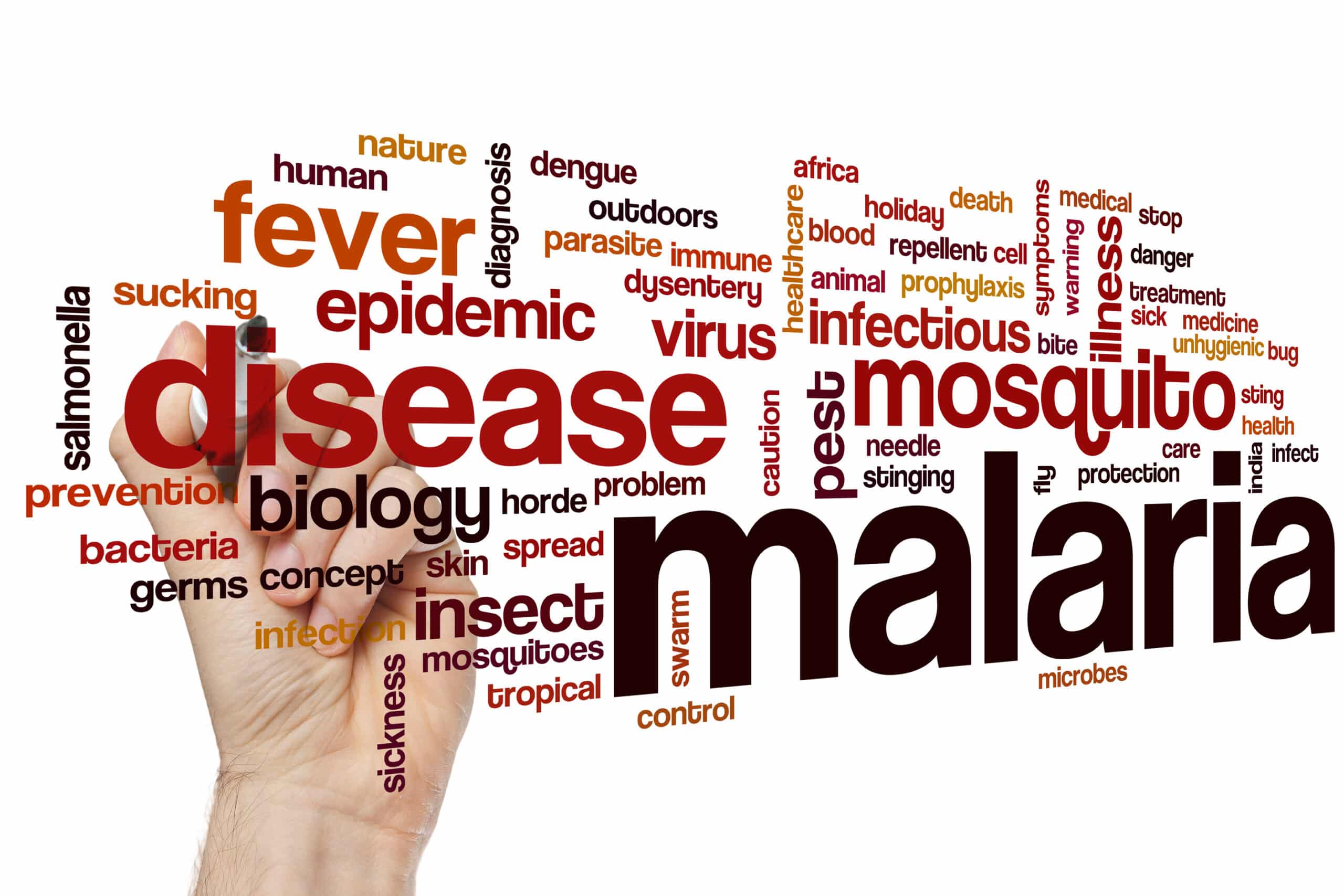Locally acquired mosquito-borne malaria has not occurred within the United States since 2003 when there were eight cases identified in Palm Beach County, Florida. Despite these new cases, the CDC states that the risk of locally acquired malaria remains extremely low within America. Most cases of malaria infection are acquired from travel outside of the country with 95% being acquired in Africa.
Malaria is caused by the bite of female mosquitos carrying one of several species of parasites, this can prove to be life-threatening with organ damage, kidney failure, seizures, coma, and even death. Symptoms generally start 10 days to 4 weeks after infection and they can include but are not limited to fever, chills, headache, muscle pain, and fatigue.
The CDC encourages people to use insect repellent while traveling as well as at home in the warmer months. Healthcare providers are being advised to routinely obtain travel history from patients to determine if those with symptoms could have been bitten by mosquitoes from active malaria hotspots, and they should also be attentive for signs of malaria in the regions where the new cases have been identified.
EPA-registered and CDC-recommended insect repellents include: DEET, Picaridin, IR3535, oil of lemon eucalyptus (OLE), para-methane-diol (PMD), and z-undecanone. When using these products follow the instructions on the label, reapply as directed, don’t spray skin under clothing, and do not apply to eyes, mouths, on cuts, or on inflamed skin.
For anyone who is concerned about a mosquito bite or symptoms that you may be experiencing after getting bit by a mosquito, please do not hesitate to contact your certified healthcare provider.




